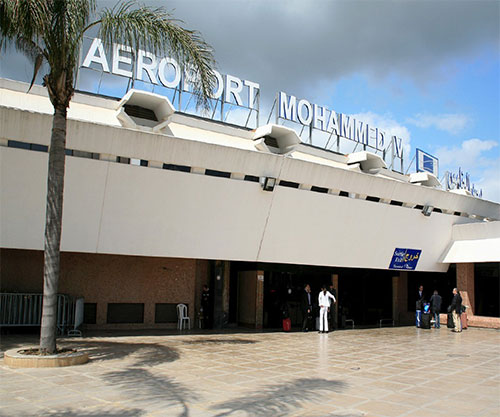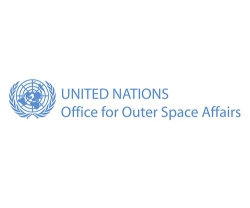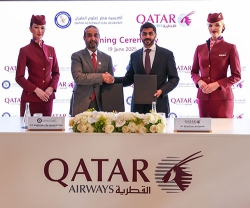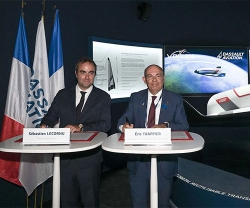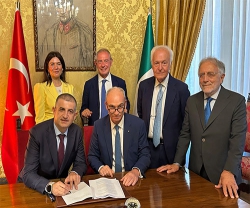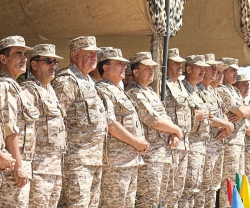The International Air Transport Association (IATA) welcomes the Kingdom of Morocco’s ‘Airports 2030 Strategy’ aimed at modernizing airport infrastructure, enhancing the passenger experience, and further strengthening the country’s position as a major global and regional aviation hub.
Aviation is a key pillar of Morocco’s economy. In 2023, aviation (including aviation-related tourism) supported 856,000 jobs and contributed 7.9% ($11.2 billion) to the Moroccan economy. Additionally, 93% of passengers departing Morocco airports (11.7 million) were bound for international destinations. The country also handled some 77,900 tonnes of air cargo.
“Given the critical and growing importance of aviation to Morocco’s economy, the launch of the ‘Airports 2030 Strategy’ will have a far-reaching and positive impact on Morocco’s economic and social development. Aviation contributes 7.9% to Morocco’s economy and has grown by 68.1% over the past decade,” said Kamil Al-Awadhi, IATA Regional Vice President for Africa and the Middle East.
“A comprehensive strategy on airport infrastructure investment will help secure future growth. Airlines are partners in this growth, and it is critical that they are broadly engaged in realizing the strategy with a sharp focus on cost-efficiency,” he added.
Key Priorities for the Moroccan Government
To gain the maximum benefit from investments in airport infrastructure, IATA proposed three priorities for the Kingdom:
- Cost-Efficiency: Fair and competitive charges, taxes and fees are essential to foster connectivity as Morocco upgrades its airport infrastructure. The government must ensure collaboration with users and compliance with global best practices to avoid unnecessary financial burden on airlines and passengers.
- Capacity-Building: Investments in infrastructure must be coupled with investments in human resources. A skilled workforce is needed to support airport modernization and to meet the expected growth in aviation.
- Consumer Regulation: Smart regulation is essential for aviation to thrive. Ineffective consumer legislation from Europe and the United States should not be imported. The development of the Passenger Rights Law must focus on a framework that reflects global best practices and industry standards.
“It is no coincidence that the ‘Airports 2030 Strategy’ aligns with Morocco being a co-host of the 2030 FIFA World Cup. Morocco will be on the world stage which is a great incentive to be ready to show off Morocco’s growing strength as an aviation hub linking Africa, Europe and North America,” Al-Awadhi concluded.
In a recent development, Morocco’s Mohammed V International Airport in Casablanca pledged to reduce passenger waiting time from 45 to 25 minutes.
Transport and Logistics Minister Abdessamad Kayouh announced the news during a parliamentary session on 25 December 2024.
He said that the pledged improvement comes as part of a broader MAD 40 billion ($4 billion) expansion project set to transform the Casablanca hub by 2029.
The new airport terminal, spanning 700 hectares, will serve as the home base for Royal Air Maroc’s expanding fleet, which is projected to grow from 50 to 250 aircraft by 2033.
The expansion will triple the airport’s current capacity from 15 million to 45 million passengers annually by 2029, requiring an investment of MAD 25 billion ($2.5 billion), the Minister added.

